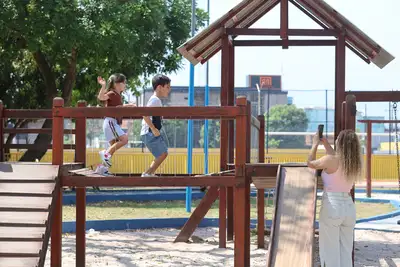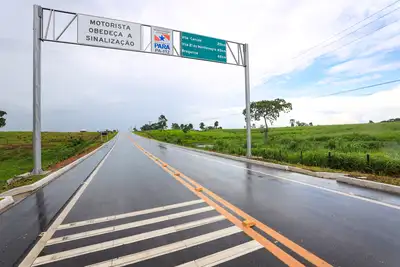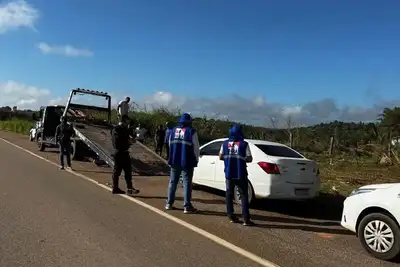Regional Hospital of Tapajós warns about care for bronchiolitis in children
Pediatrician from the unit, Karla Araújo, provides guidance on symptoms and prevention
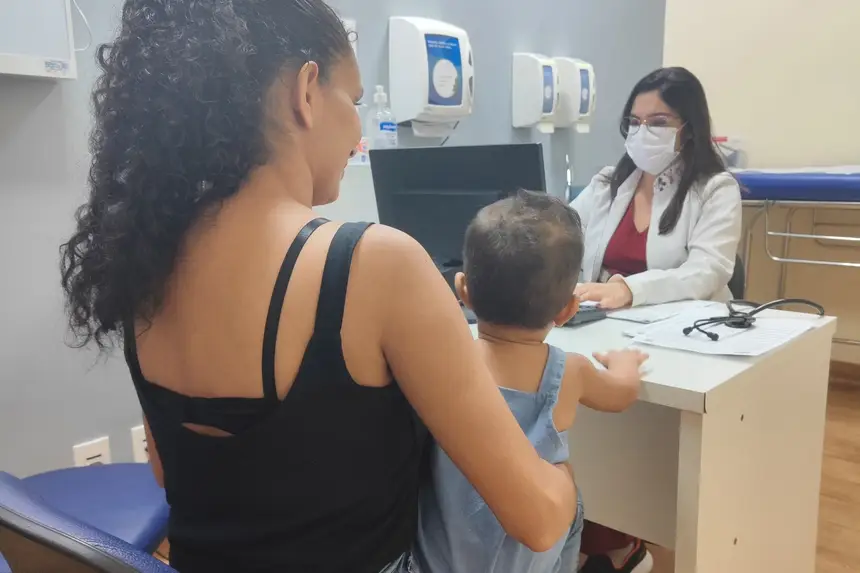
During the transition period between the Amazon winter, characterized by rain, and the summer, which is drier in the southwestern region of Pará, cases of respiratory diseases in children, such as bronchiolitis, increase. This infection primarily affects babies and children up to two years old. In this context, the Regional Hospital of Tapajós (HRT), in Itaituba, alerts parents and guardians about the necessary care and the importance of early diagnosis.
Pediatrician Karla Araújo, who works at the unit, explains that bronchiolitis is most often caused by the respiratory syncytial virus (RSV). “It is an inflammation of the bronchioles, which are small airways in the lungs. The main symptoms are persistent cough, wheezing, difficulty breathing, fever, and excessive fatigue. It is very common for parents to confuse it with flu or cold, but when there are signs of respiratory difficulty, it is essential to seek medical attention immediately,” warns the specialist.
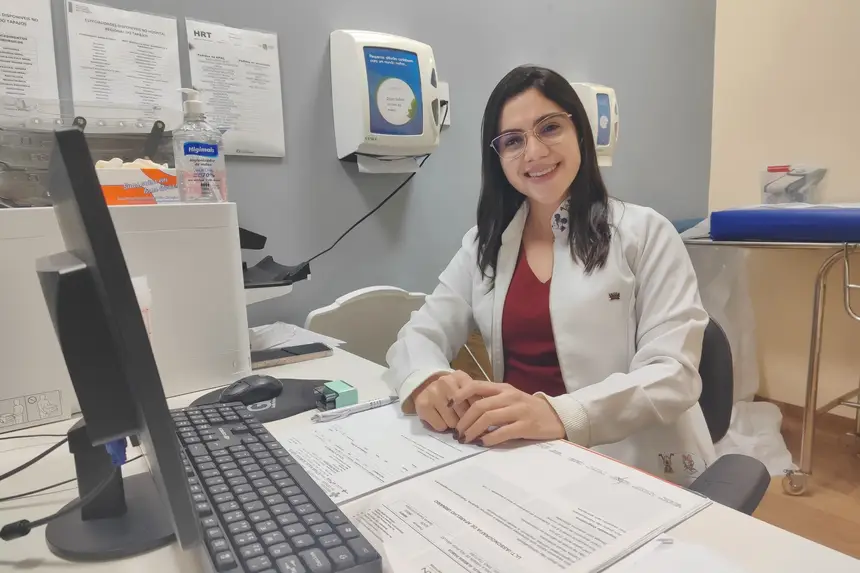
Pediatrician Karla Araújo emphasizes that prevention is essential. “Avoiding closed and crowded places, maintaining hand hygiene, frequently cleaning objects that the child uses, and avoiding contact with sick individuals are very helpful precautions. When the child is already diagnosed with bronchiolitis, it is very important not to self-medicate and to strictly follow medical guidelines. The use of nasal decongestants or medications without prescription can worsen the condition,” reinforces Carla Araújo.
The Regional Hospital of Tapajós has a complete structure for pediatric care. According to the technical director of the unit, Lucas Vergani, “we currently have pediatric ICU beds, in addition to intensive care units aimed at the pediatric population, which ensure qualified and safe assistance for children who need specialized care.”
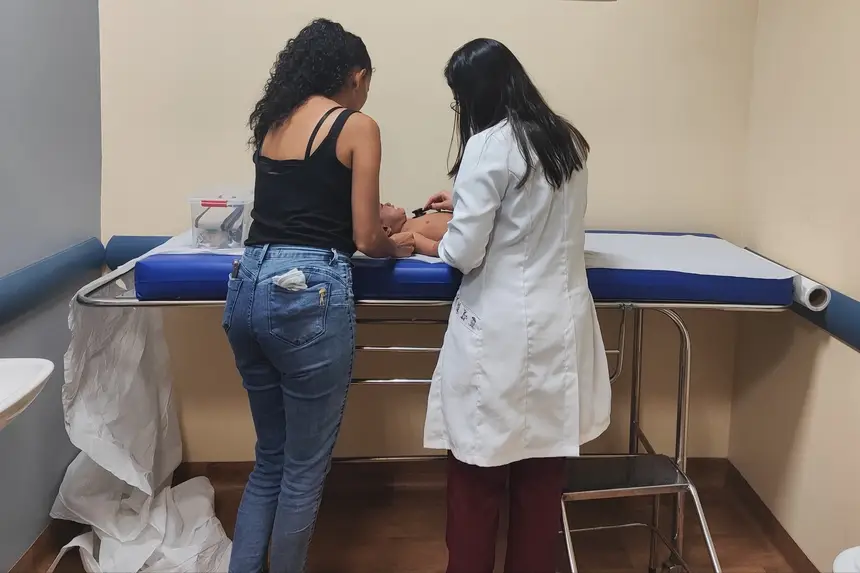
The unit, managed by the Social Institute Mais Saúde in partnership with the State Department of Public Health (Sespa), is a reference in traumatology and high-risk obstetrics, in addition to offering more than 25 medical specialties, including pediatrics.
The general director of the Regional Hospital of Tapajós, Salomão Favacho, reiterates the importance of pediatric assistance. “Pediatrics is one of the fundamental specialties for our service, especially as it meets a very significant demand from the municipalities in the Tapajós region. We ensure that children receive humanized, qualified, and safe care, directly contributing to the public health of our region,” he highlights.
Managed by the Social Institute Mais Saúde, in partnership with the State Department of Public Health (Sespa), the Regional Hospital of Tapajós is a unit of the Government of Pará. With 153 beds — including Adult, Pediatric, and Neonatal ICUs.
Text by Sammya Ferreira / Communication Analyst/HRT





